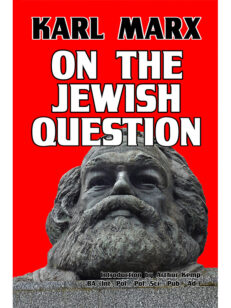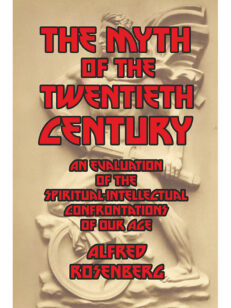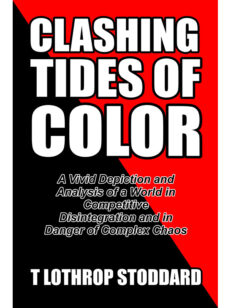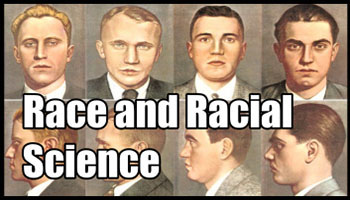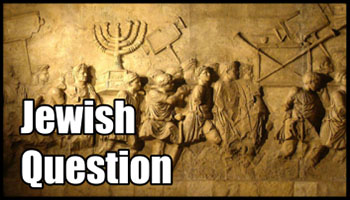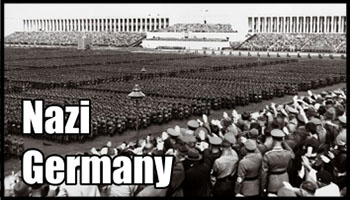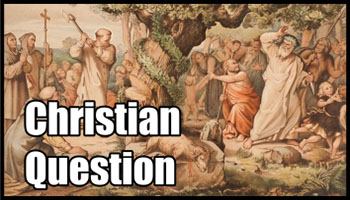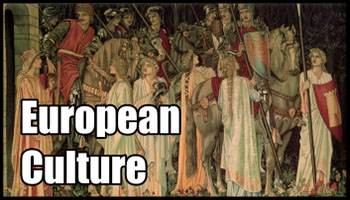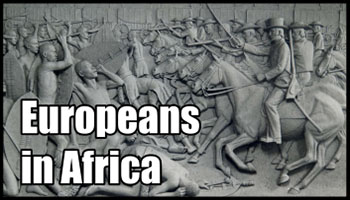Description
By Karl Marx. A gripping account of the infamous and short-lived 1871 “Paris Commune,” or Communist uprising, in France’s capital city, written by the founder of Communism. New introduction by Arthur Kemp.
Marx’s book was one of the first written to discuss the impact of the Commune, and although naturally written with a strong pro-Communist bias and a visceral hatred of the ruling Napoleon III, it provides a fascinating insight into the thinking and internal machinations of the Commune. The Commune briefly ruled Paris from 18 March until 28 May 1871, after being elected as the city council.
Acting as a lightning conductor for socialist radicals from Poland to Italy, the Commune quickly dissolved into the usual “dictatorship of the proletariat” and instituted what can now in hindsight be recognised as the more usual trappings of Communist regimes: it began stripping away civil liberties and creating state enforcement agencies to implement its decrees by terror and coercion.
Among its rules was a “Decree on Hostages”-in terms of which any person could be arrested, imprisoned, and tried, becoming “hostages of the people of Paris.” Hundreds, if not thousands, were murdered in this manner, including a number of prominent religious leaders.
In addition, the Commune created a “Committee of Public Safety,” which was given extensive powers to hunt down and imprison its self-identified enemies. Freedom of the press was suppressed, and finally, as the Communists faced military defeat, they burned down many famous buildings in the city in revenge, including many priceless architectural gems.
It is estimated that up to 20,000 people died during the Commune.
In spite of this bloody record, Marx was full of praise for the Commune, calling it the prototype for a revolutionary government of the future (“the form at last discovered”) and added that the “Working men’s Paris, with its Commune, will be forever celebrated as the glorious harbinger of a new society.”
This version contains Marx’s full original text, and includes the text of the article “A Short Account of the Commune of Paris of 1871” published by The Socialist League, London, 1886, along with a selection of news reports and correspondence by Marx concerning the Commune. Also contains a new introduction by Arthur Kemp which provides a historical backdrop and summary of the events of this, the world’s first Communist uprising.
Contents
Introduction to the 2014 edition
Part I: A Short Account of the Commune of Paris of 1871
Part II: The Civil War in France
1891 Introduction by Friedrich Engels on the 20th Anniversary of the Paris Commune
Chapter 1: The Beginning of the Franco-Prussian War
Chapter 2: Prussian Occupation of France
Chapter 3: France Capitulates & the Government of Thiers
Chapter 4: Paris Workers’ Revolution & Thiers’ Reactionary Massacres
Chapter 5: The Paris Commune
Chapter 6: The Fall of Paris
1891 Postscript by Friedrich Engels
News Stories after the defeat of the Paris Commune
Marx-Engels Correspondence 1871
Endnotes
About the author: Karl Marx (1818-1883) was a Jewish revolutionary socialist whose writings created modern Communism through his interpretation of society as a class conflict between a rich ruling capitalist elite and an exploited working class. His most important works were The Communist Manifesto (1848) and Das Kapital (1867-1894). Born in Trier, he moved to Paris in 1843. Expelled from that city in 1849, he fled to London, where he was active in the Internationale and other socialist ventures until his death.
146 pages. Paperback.




